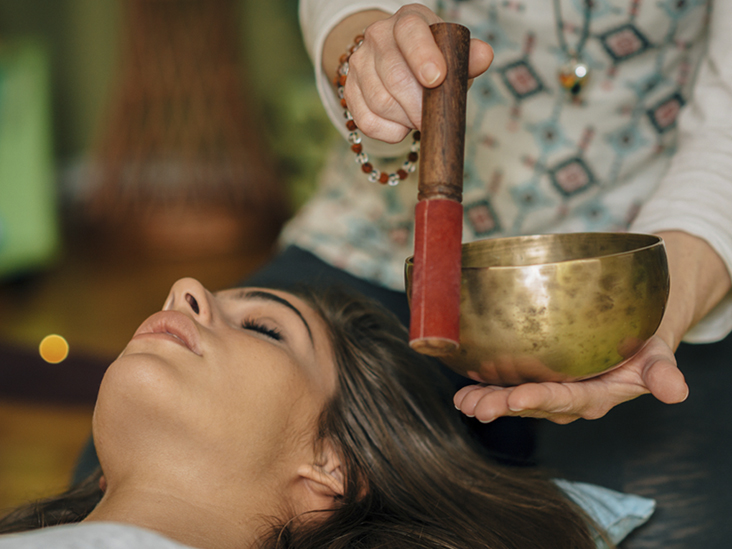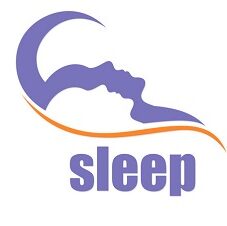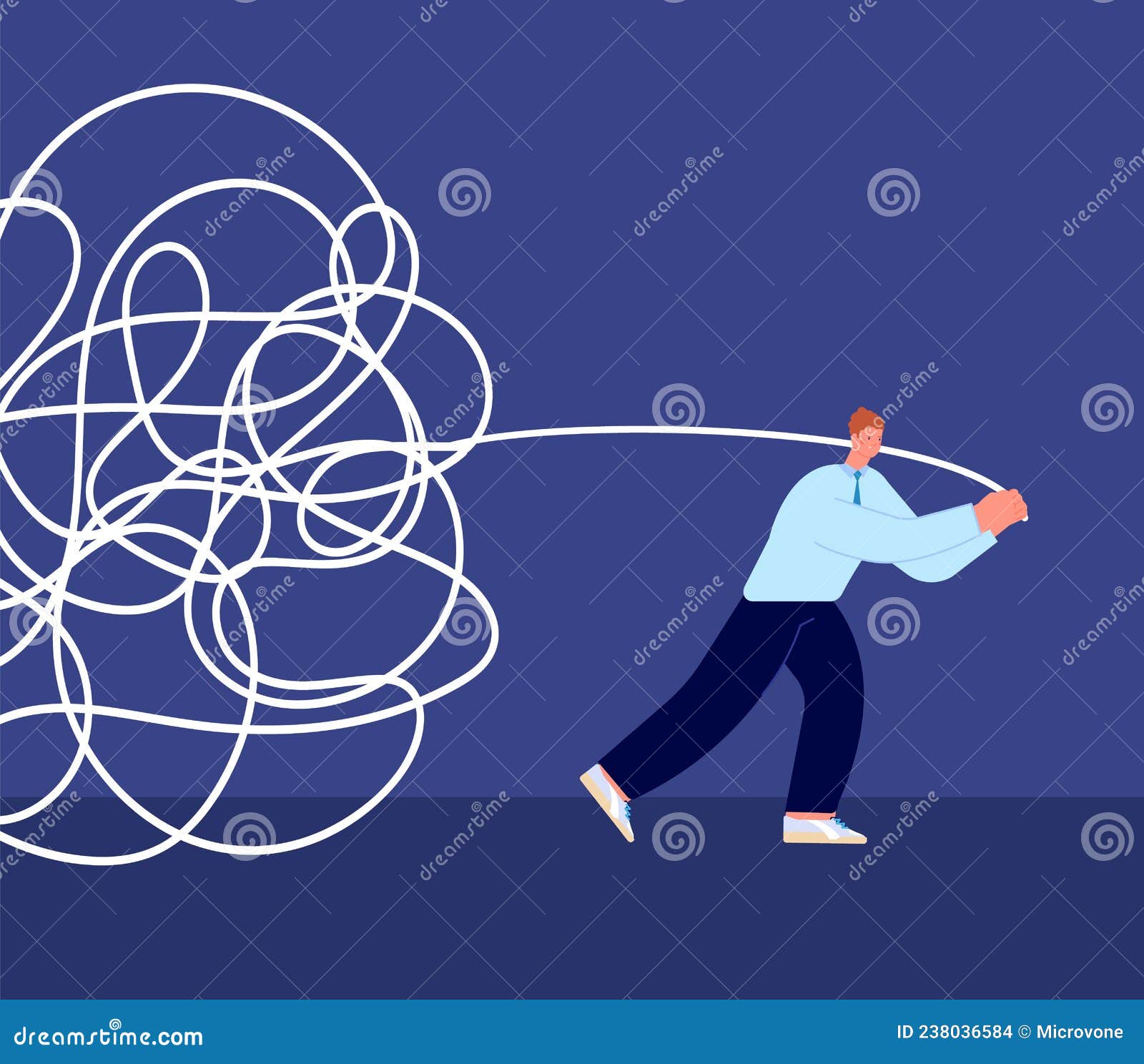Introduction
Are you tired of tossing and turning in bed, struggling to fall asleep? You’re not alone. Many people experience difficulties when it comes to getting a good night’s rest. Fortunately, there are alternative approaches to promoting better sleep without relying solely on medication or traditional remedies. One such approach is music and sound therapy.
The Power of Music in Promoting Sleep
Music has been a part of human culture since time immemorial. It has the incredible ability to evoke emotions, transport us to different worlds, and even impact our physical and mental well-being. In recent years, researchers have discovered the power of music in promoting better sleep. Music therapy has emerged as a promising non-pharmacological intervention for those struggling with sleep disorders. Let’s delve into the fascinating world of music and sound therapy for a restful night’s sleep.
The Science Behind Music’s Effect on Sleep
Several studies have explored the impact of music on the brain and its ability to induce relaxation and sleep. One study published in the Journal of Advanced Nursing found that listening to soothing music before bedtime significantly improved sleep quality, reduced sleep latency, and increased sleep duration. This effect is attributed to the ability of music to activate the parasympathetic nervous system, responsible for promoting relaxation and rest.
Choosing the Right Type of Music
Not all music is created equal when it comes to promoting sleep. To harness the therapeutic benefits of music, it’s essential to choose the right genre and tempo. Generally, slow and gentle music with a tempo of around 60 to 80 beats per minute is ideal for inducing relaxation and sleep. Genres such as classical, ambient, or instrumental music are often recommended for their soothing qualities. However, individual preferences play a significant role, so it’s important to experiment and find the type of music that works best for you.
Sound Therapy: A Holistic Approach to Better Sleep

In addition to music, sound therapy has gained recognition as an effective technique for improving sleep quality. This approach involves using specific sounds or frequencies to elicit relaxation and promote a restful state. Here are some popular sound therapy techniques you can explore:
1. White Noise
White noise refers to a consistent sound that covers up other disruptive noises and creates a soothing background ambiance. It helps to drown out external disturbances, allowing your mind to relax and drift into a deep sleep. White noise machines or smartphone applications can generate sounds like rainfall or a fan, creating a calming environment conducive to sleep.
2. Binaural Beats
Binaural beats involve playing two slightly different frequencies in each ear, which the brain then processes as a single tone. These beats have been found to synchronize brainwaves, facilitating a shift to a more relaxed state. By listening to binaural beats specifically designed for sleep, you can entrain your brain to enter a state of deep relaxation and promote a restful night’s sleep.
3. Nature Sounds
Nature sounds, such as waves crashing, birds chirping, or rain falling, can create a serene environment that mimics the tranquility of the outdoors. These sounds have a calming effect on the mind, helping to reduce stress and anxiety, ultimately promoting better sleep. Many apps and websites offer a wide variety of nature soundtracks to choose from, allowing you to customize your sleep-inducing experience.
Tips for Incorporating Music and Sound Therapy into Your Sleep Routine
Harnessing the benefits of music and sound therapy for better sleep requires incorporating these practices into your bedtime routine. Here are some tips to get you started:
-
-
- Create a playlist of soothing music or nature sounds that you find personally relaxing.
- Allocate a dedicated period before bedtime to listen to calming music or engage in sound therapy techniques.”
-
Music and Sound Therapy for Better Sleep
Summary
Music and sound therapy have gained popularity as effective tools in improving sleep quality. These therapies involve using specific types of music or sounds to promote relaxation and induce sleep. Research has shown that calming and soothing sounds can help slow down heart and respiratory rates, reduce stress levels, and create a conducive environment for sleep.
For instance, classical music, nature sounds like rain or ocean waves, or white noise can help distract the mind from racing thoughts and create a sense of calmness. Binaural beats, which are two slightly different frequencies played simultaneously, have also shown promising results in improving sleep patterns.
By incorporating music and sound therapy into your bedtime routine, you can create a peaceful atmosphere that facilitates relaxation and prepares your body for a restful night’s sleep. Whether you choose to listen to browse around this site browse around this site soothing melodies or experiment with various ambient sounds, these therapies offer a natural and non-invasive approach to enhancing sleep quality.

Welcome to my website! My name is Jack Rosman, and I am a professional Dream Psychologist dedicated to helping individuals achieve better sleep, understand their dreams, and improve their overall well-being. With years of experience in the field, I am passionate about providing effective snoring solutions, sleep therapy, sleep supplements, and dream analysis to enhance the quality of your sleep and unlock the hidden messages within your dreams. Read More

